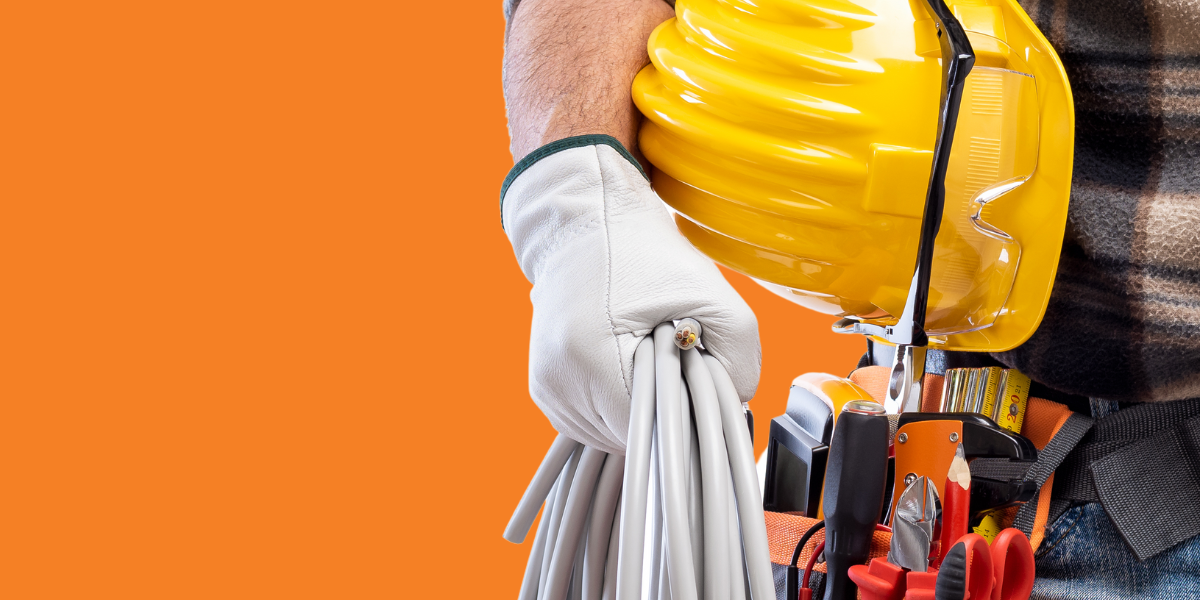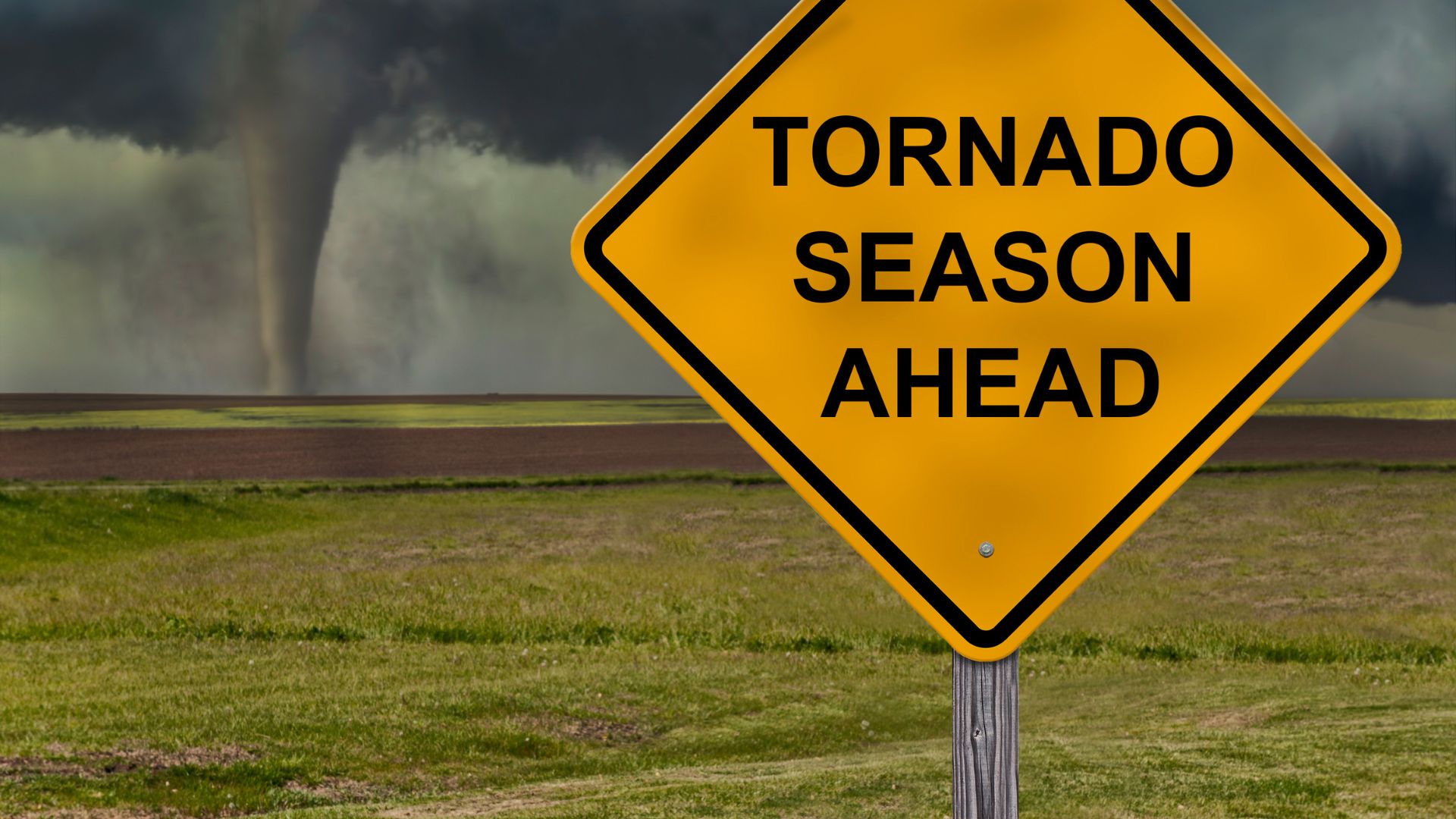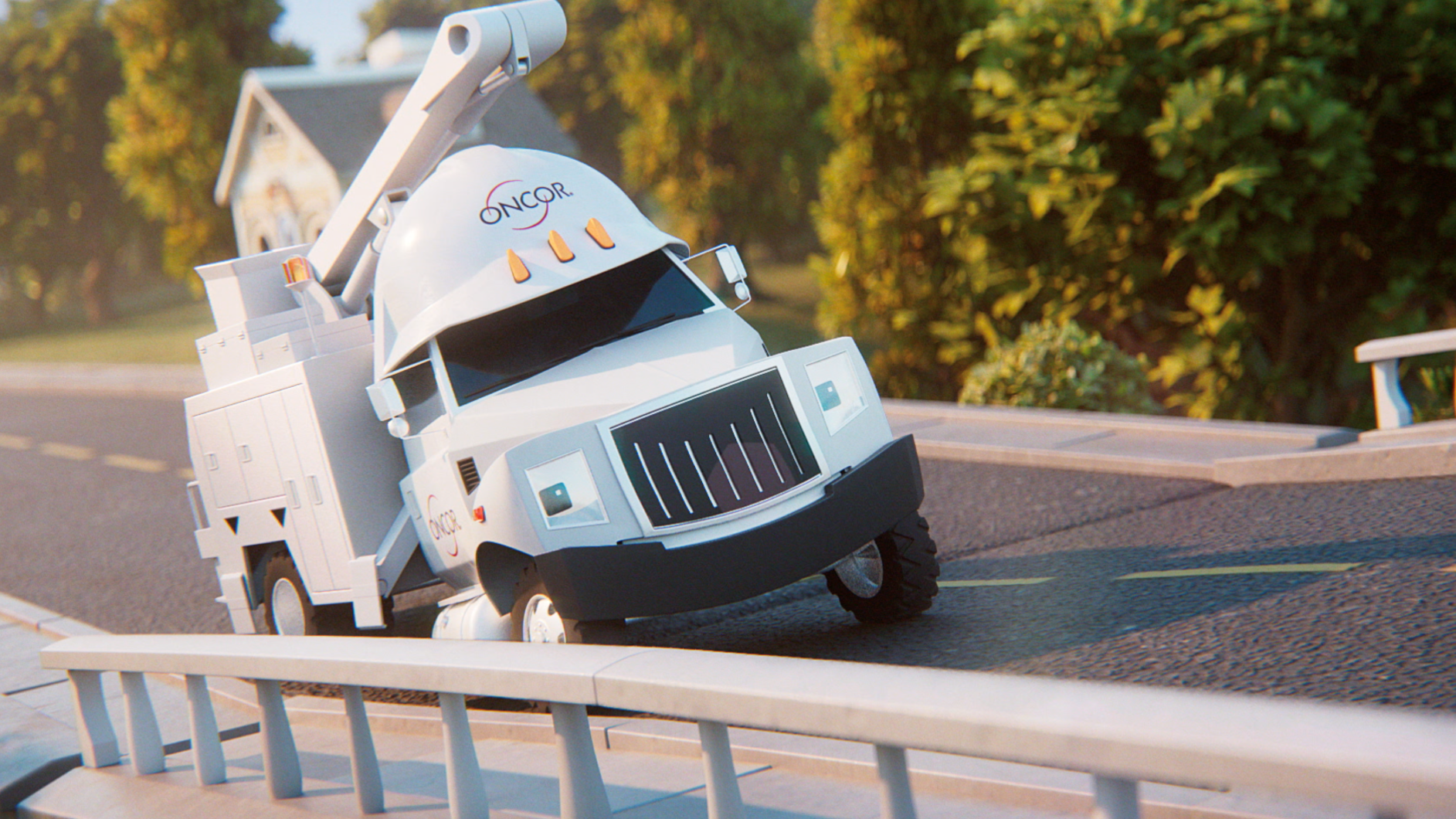-
Contact Us
-
General Inquiries/Service Requests:
- 888.313.6862
-
contactcenter@oncor.com
-
(Mon.-Fri., 8 a.m.-6 p.m. Central Time)
-
For Outages
- 888.313.4747
-
(24/7)
100-degree days can zap energy without hydration
When Texas temperatures soar, so does electricity use. That means Wichita Falls employee Scott Cuba is trying to beat the heat outdoors, so he can make sure our customers stay cool indoors.
Like hundreds of Oncor field employees, Cuba is focused on both doing his job and staying hydrated and safe. On a typical 100-degree-plus day, the Senior S&T Technician will down bottle after bottle of cold water.
“The most important thing is when you feel yourself getting hot, when you don’t have as much energy or gusto, you need to cool down and get hydrated,” Cuba said.
Martha Donaldson, Oncor Safety Specialist and Industrial Health Nurse, said the intense Texas heat puts a lot of stress on the human body, especially if you’re not adequately hydrated.
“Every cell, tissue and organ in your body needs water to function properly,” Donaldson said. “The cells in your body are like sponges and need to be hydrated. What’s your day going to be like if you start off with your cells bone dry?”

Donaldson routinely gives a safety presentation to employees across Oncor territory on the dangers of working in the heat and the importance of hydration.
“It’s not bad to drink a cup of coffee first thing in the morning,” she said. “But when you head off for work, we encourage you to drink a bottle of water on your way.”
Here are a few of Donaldson’s heat safety tips:
- Start hydrating the night before, if you’re working in the heat the next day.
- Drink water during the first half of the day. Then switch to half water/half sports drink like Gatorade.
- Watch for white lines on your shirt from perspiration. That means you’re losing electrolytes.
- Watch for early signs of dehydration: thirst, dry or “cotton” mouth, and darker urine.
- Eat more fruits and vegetables because they have high water content.
- Be aware of heat exhaustion and heat stroke. If you feel light headed, dizzy, or weak, or you’re nauseous or vomiting, you could have heat exhaustion, which can easily lead to heat stroke. Click here for more information.
Ricky O’Neal, a Distribution Crew Supervisor in Midland, said he expects his crew to start every day by “watering the truck,” which means stocking up on ice, water and Gatorade.
“Then we make sure we get a drink every 15-20 minutes,” said O’Neal, a 30-year Oncor employee. “The main thing is to take care of yourself out here.”
Dealing with electricity and coping with summer heat are equally critical safety issues. “I tell all the guys, ‘we’re a crew for a reason and we all have to look out for each other,’ ” O’Neal said. “The main thing right now is staying hydrated.”
Cuba worked for Oncor in the summer of 2011. For 100 days – and 52 days in a row -- the temperatures climbed to 100 degrees or higher in the Wichita Falls area.
“We adjusted our work hours to avoid the heat,” he said. “We came in at 3 a.m. and tried to get stuff done before noon.”
Donaldson, the Oncor nurse, reminds employees that if they’re out in the sun and not drinking water, “don’t try to tough it out until you finish that last job or two.” She recommends taking breaks in a designated shady or cool location during the day and when making phone calls and checking the next job order.
Cuba agrees.
“You should know when you need to step back, take a break and get a drink of water,” he said.








